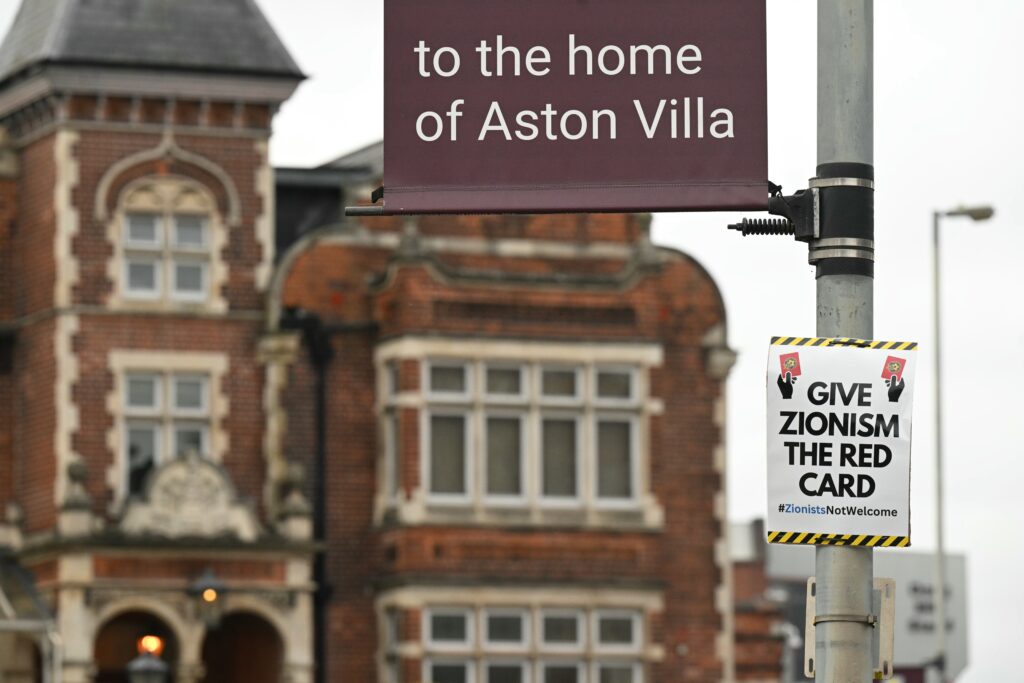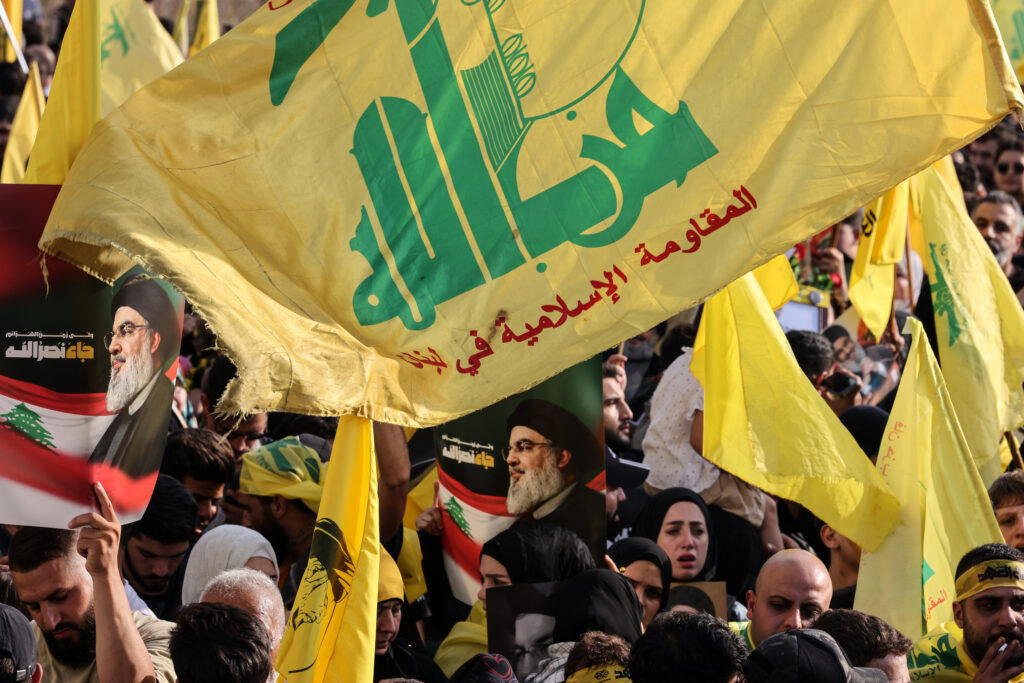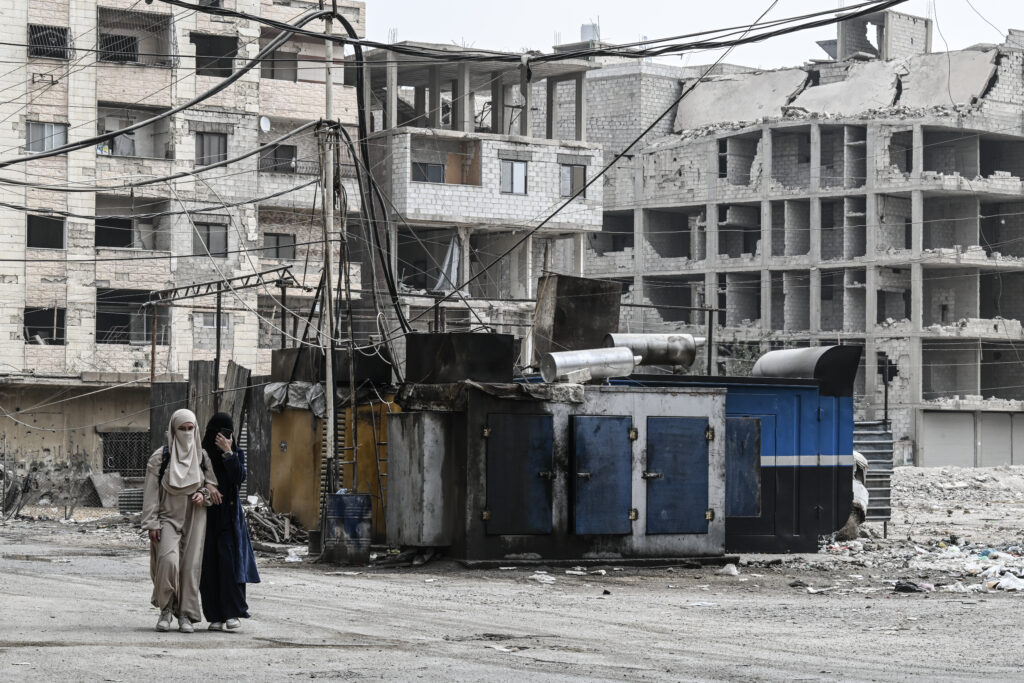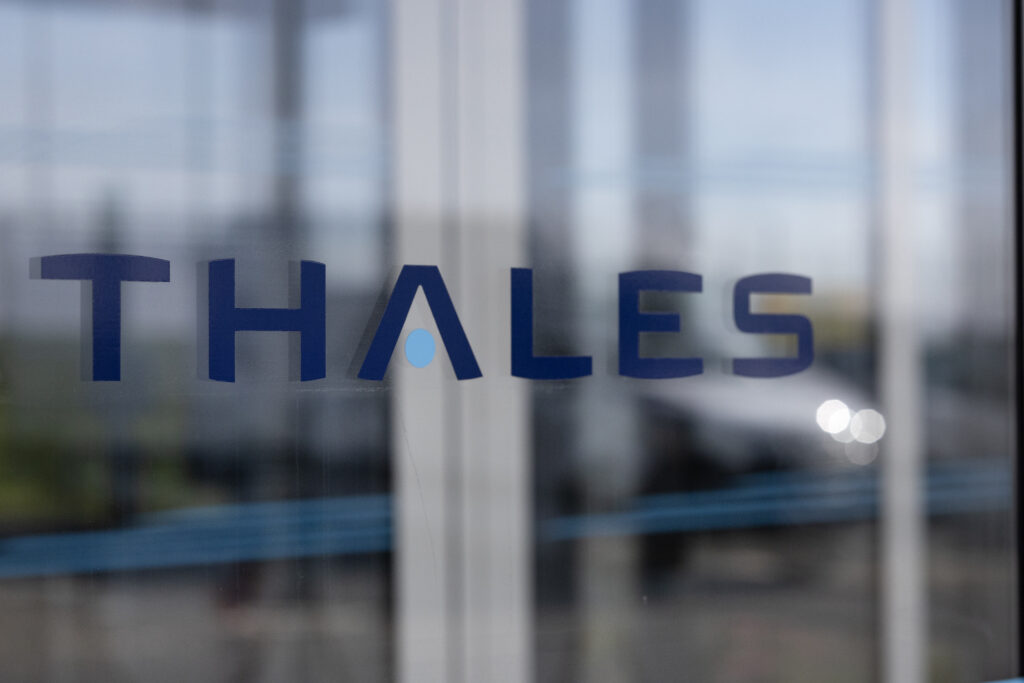Tight UK security ahead of match against Israeli club
More than 700 police deployed across the UK city of Birmingham Thursday for protests planned ahead of a football match between Maccabi Tel Aviv and Aston Villa, with visiting Israeli fans barred.The UK government last month vowed to reverse the ban on Maccabi fans attending the Europa League match in the city in central England that has a significant Muslim population after widespread criticism of the decision taken by local safety advisors and police.However, the Israeli club later announced it would decline any tickets for its fans, citing safety concerns.Villa have said they are not selling tickets for the vacant away end of their Villa Park stadium.Birmingham, the UK’s second-largest city, has been the scene of regular pro-Palestinian rallies over the last two years.Close to Villa’s stadium on Thursday there was a large, visible police presence, an AFP correspondent saw.Local police said protests by different groups were scheduled Thursday near Villa Park, including a pro-Palestinian demonstration demanding Israel be excluded from international football.A pro-Israeli group has also organised a Maccabi Solidarity Rally, with both protests set to kick off around 6:00 pm (1800 GMT), two hours before the match is due to begin.”We are experienced at policing high-profile football matches and demonstrations, and for many weeks now, we have been working closely with different faith and local community groups to listen to their views and concerns,” West Midlands Police said in statement.Signs had been hung near the stadium reading “no war games allowed” and “Give Zionism the Red Card”, while channels spearheaded by far-right activist Tommy Robinson have made Islamophobic statements about the match and planned protests.One school near the stadium confirmed to AFP it was closing early to avoid disruption, with others reportedly planning to do the same.- ‘High risk’ -Police have classified the fixture as “high risk”, citing “violent clashes and hate crime offences” during a Europa League match in Amsterdam between Maccabi and local team Ajax last November.That game sparked two days of clashes between locals and Israeli fans in the Dutch city.But ahead of Thursday’s match things were calm in Birmingham.Residents Michael Harrison, 38, and Lisa Evans, 47, working at a small business near Villa Park, were not worried about possible protests.Harrison said Israeli fans should have been given tickets to attend the match.”The game, it’s about bringing people together,” he said, adding he understood the fears but the fans could have been searched properly.Maccabi Tel Aviv’s decision to turn down tickets also came after Israeli police called off an Israeli Premier League match between the club and city rivals Hapoel because of “riots” between rival fans.The team has insisted its supporters were not involved in the unrest and criticised “hate-filled falsehoods” about its supporters for creating a “toxic atmosphere”.Aston Villa have urged supporters not to display political symbols during the match — a practice banned under protocols issued by UEFA, the governing body of European football.Ayoub Khan, the independent MP for the area covering Villa Park who was elected last year on a pro-Palestinian ticket, said there was a “large concentration of Muslims” in the local area who had voiced fears about racism.




